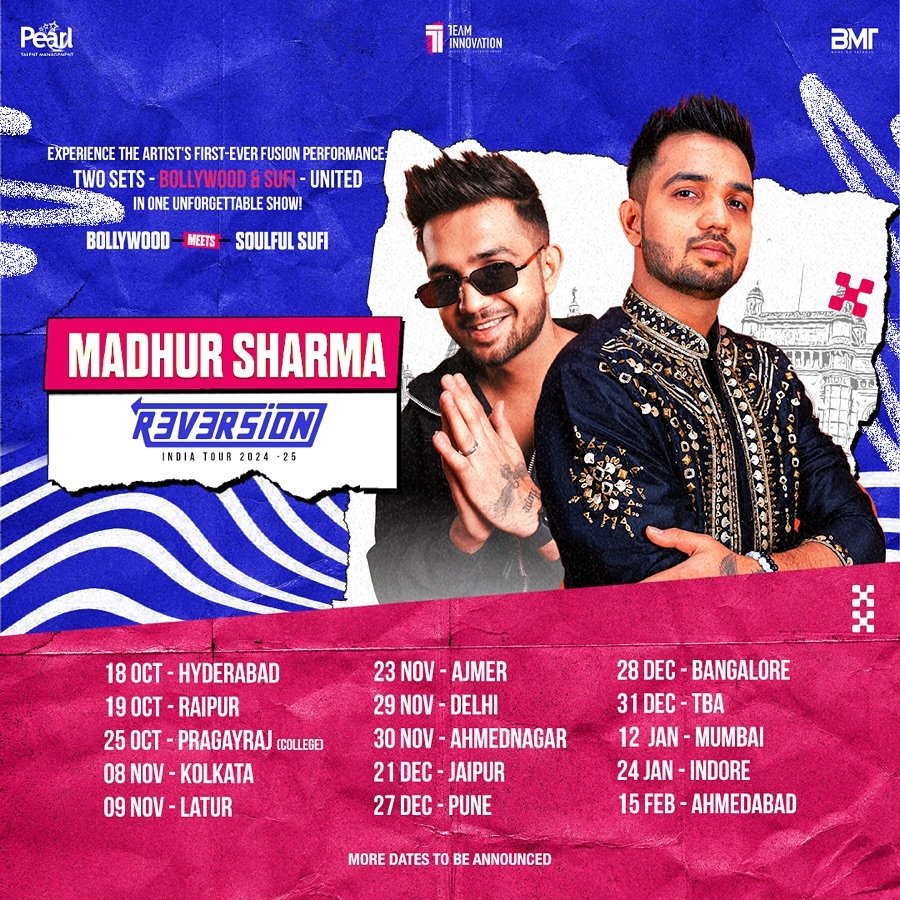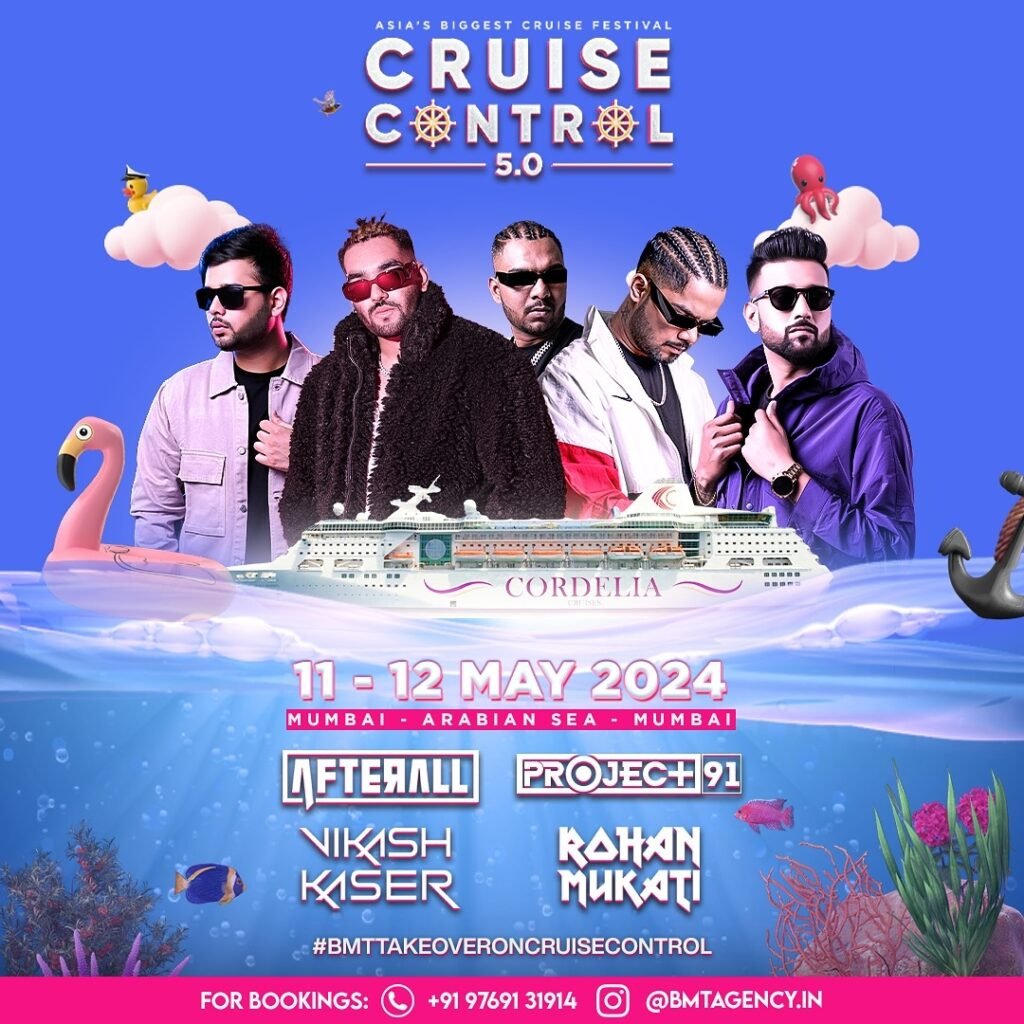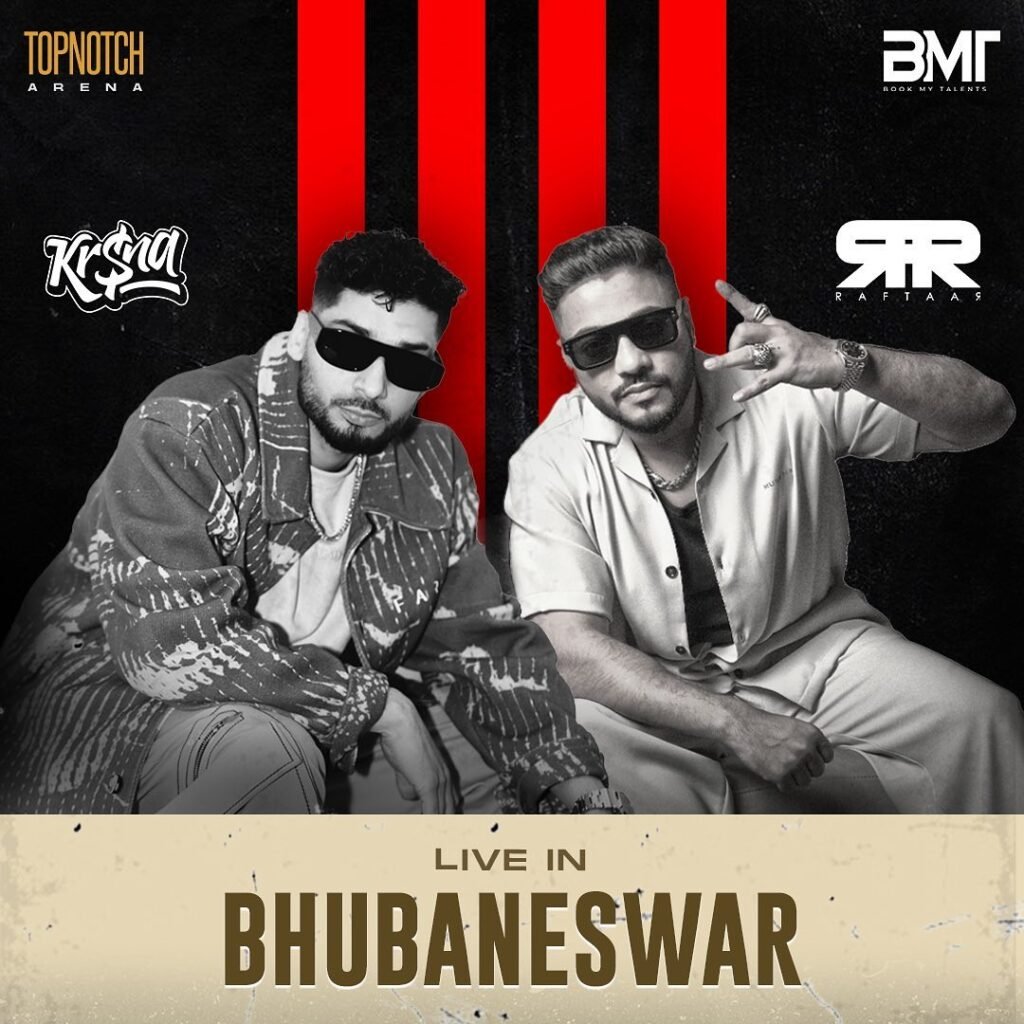
The Role of a DJ’s Manager & When You Need One
Behind every unforgettable DJ set at a packed venue stands someone making it all happen behind the scenes — the DJ manager. As DJ culture evolves in India, especially with a rise in events, live music, and collaborations with local artists, the need for skilled management becomes essential.
While DJs perfect their mixes and read the crowd, their managers handle everything else — from artists booking to branding to future planning. A DJ in India now faces a highly competitive and fast-paced industry. Without support, even the most talented performer can struggle to keep up.
This blog explores what a DJ manager actually does, why their role matters, and how to know when it’s time to hire one.
What Does a DJ Manager Really Do?
Working With DJs, Events, Local Artists, and Artists Booking
A DJ manager is not just someone who answers calls or books gigs. They are the strategy behind the performance, the structure behind the creativity. They ensure that the artist stays focused on music while everything else stays on track.
In today’s dynamic entertainment scene, a manager must juggle multiple tasks. From negotiating contracts to arranging travel for national events, they support both logistics and long-term goals. Their role includes aligning with singers, promoters, brands, and even venue owners.
By managing all this, they let the DJ focus solely on building energy, playing music, and interacting with fans.
Managing Bookings and Gigs Across India’s Growing Music Scene
Handling Artists Booking, DJs in India, and Event Coordination
One of the core responsibilities of a DJ manager is handling all incoming gig inquiries. As the DJ’s visibility grows, inquiries come from everywhere — wedding planners, nightclub owners, corporate event coordinators, and college fests.
Managers filter these opportunities, negotiate the best deals, and organize the calendar. They discuss availability, venue requirements, fees, and additional riders. A strong manager ensures clear communication so that both the DJ and event host know what to expect.
In India, where DJs often perform in multiple cities each week, effective coordination is critical. With the right support, an artist can go from a local name to a national draw.
Supporting DJs, Live Music Needs, and Events With Professionalism
Fee negotiation is another major responsibility. A DJ manager understands the artist’s value and ensures they are paid fairly for their work. From the base fee to travel costs, managers fight for what the DJ deserves.
They also handle the technical and hospitality rider — the essential list of equipment, sound specs, and greenroom preferences. At large events, missing a key piece of gear can ruin a show. A competent manager prevents these problems before they happen.
Their goal is to make sure the artist has everything they need to perform at their best. They protect the DJ’s brand by maintaining consistency and quality across every gig.
Managing Travel, Time, and the Touring Life of a DJ in India
India’s top DJs often travel constantly — from one state to another in a matter of hours. Whether it’s a club in Mumbai, a beach festival in Goa, or a wedding in Jaipur, every performance requires planning.
A DJ manager arranges all travel and accommodations. They ensure the artist gets from one location to another without delays. They also handle transport for gear, backline coordination, and last-minute emergencies.
Missed flights, double bookings, or unexpected venue changes can cause chaos. But with a good manager in charge, the tour continues smoothly. For any DJ in India looking to tour seriously, strong logistical support is non-negotiable.
Working With Local Artists, Singers, and DJs to Grow Their Public Image
Today, a DJ’s success doesn’t depend on music alone. Building a strong brand is just as important. A manager helps develop the DJ’s public image across platforms like Instagram, YouTube, Spotify, and SoundCloud.
They plan content, schedule photo shoots, and collaborate with PR teams. From styling to captions to video production, everything works to build a recognizable brand. The manager also updates the press kit, bios, and official website.
This strategy attracts new followers, artists booking agents, and sponsors. It also makes collaborations with singers and local artists more likely. A visible brand with consistent messaging opens many doors.
Helping DJs in India Scale from Local Events to Big Festivals
A strong DJ manager thinks beyond tomorrow’s performance. They help plan long-term career moves. This includes identifying major festivals, arranging residencies, or launching music releases.
They seek out brand endorsements, collaborative tracks with other local artists, and international opportunities. With a good manager, a DJ goes from small-town clubs to national stages.
For artists who dream of headlining major live music festivals or creating original albums, a manager builds that roadmap. Their guidance transforms talent into a sustainable career.
Supporting DJs, Artists Booking, and Events With Professional Calm
Even the best plans sometimes go wrong. Maybe the sound system fails. Maybe a payment is delayed. Or the DJ’s flight gets canceled. In those moments, a DJ manager steps in to fix the issue without affecting the show.
They speak with venue owners, chase invoices, or find replacement equipment. These crisis management skills protect the DJ’s image and ensure the crowd never feels the stress behind the curtain.
Whether it’s a major event or a private show, a professional manager ensures the experience stays smooth and enjoyable for everyone involved.
When Is the Right Time to Hire a DJ Manager?
For Touring DJs, Live Music Performers, and Artists Booking Regularly
Not every DJ needs a manager right away. But as bookings grow and responsibilities pile up, it’s wise to consider it.
If you receive multiple inquiries across different cities and can’t keep up, it’s time. If you’re constantly negotiating fees, scheduling gigs, and posting content alone, support is needed.
A manager becomes essential when your DJ career becomes financially viable. They help you scale, focus, and grow professionally. If you dream of performing at large events, connecting with bigger singers, or working with top local artists, a manager opens those doors.
More importantly, hiring a manager shows the world that you’re serious. You’re not just performing at random gigs — you’re building a career. That makes a difference to promoters and industry professionals.
How to Find the Right DJ Manager in India
When choosing a manager, look for someone who understands your sound and shares your vision. They should have industry experience, great communication skills, and strong relationships with artists booking platforms and event planners.
Referrals from trusted DJs or local artists help. You could also explore management companies that specialize in live music and entertainment. These firms often provide full-service support — from bookings to branding to crisis response.
Trust and transparency are key. A manager is not just an employee — they are your career partner. You need someone who believes in your potential and works tirelessly to bring it to life.
Final Thoughts: A DJ Manager Is More Than a Middleman
From club nights in Bengaluru to destination weddings in Rajasthan, DJs perform at high-energy events across India. But building a lasting career takes more than just mixing great tracks.
A DJ manager helps you stay organized, professional, and on track. They allow you to focus on your creativity while they handle logistics, promotion, bookings, and strategy.
With the right support, DJs grow from weekend acts to recognized artists. They form meaningful partnerships with singers, producers, and local artists. They travel across India, build communities, and elevate the country’s live music culture.
If you’re ready to take your music to the next level, it might be time to find the right manager — and step fully into your potential.
Planning a wedding in Goa? You’re already halfway to hosting the most unforgettable event of your
Mumbai is the heartbeat of India’s entertainment industry. Whether you’re planning a music e
Planning an event involves several important decisions. One key choice is selecting the right live p










Leave a Reply